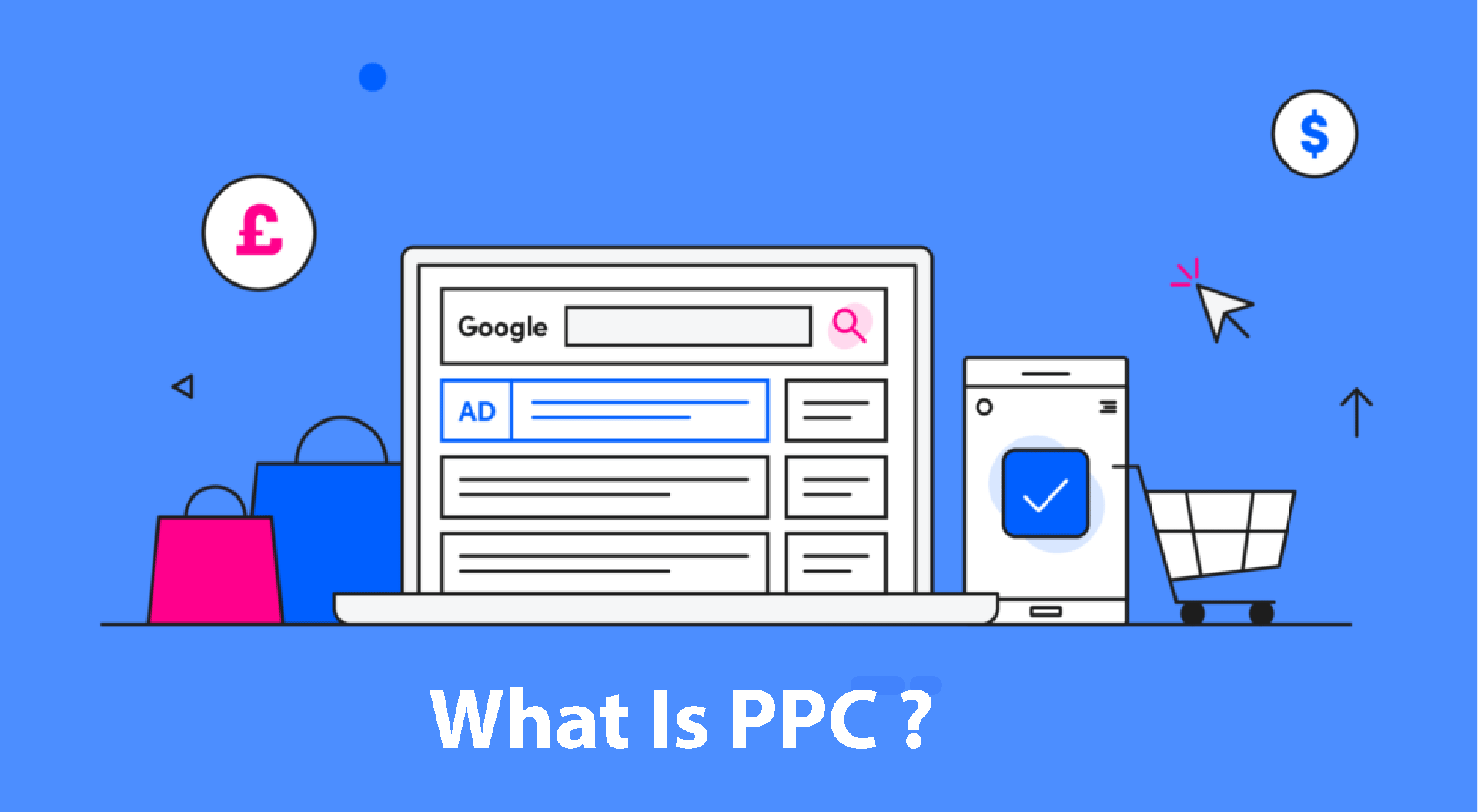

With
the rise of digital marketing, Pay per Click or PPC has become synonymous with
businesses. However, it is no longer large businesses only that create PPC
campaigns but smaller and medium-sized ones are getting onto the PPC wagon now
and researching means for attracting quality customers.
Other
terms used to refer to PPC are paid search and search engine advertising.
Before
diving into that, let's first discuss what and where PPC works.
What Is PPC?
PPC is the method you use to
create an ad on Google's search engine. Ever seen that small green box with the
word 'Ad' at the top of a Google search and next to a link you were going to
click? That's a PPC ad made by a company.
Basically,
a company has created an ad so that when users search for certain keywords, the
ad appears. How does the company pay Google? While there are CPM (cost per
1,000 impressions) and other options, the most commonly-used format is PPC. The
company that created the ad pays Google based on every click to its ad. If
users don't click, the company doesn't pay.
Why Businesses Use PPC?
There
are a multitude of reasons why businesses would use PPC, just like with
Facebook ads, Google offers targeted ads for businesses. However, Google's
advertising options are known to be better targeted and far more expensive than
any other social media platform. The secret to PPC is to include keywords that
users search for.
If
you have strong idea and strategy of what you want to do with your PPC campaign
and what you want to generate from it, then you can give it a shot. However, if
your business is on the brink of bankruptcy, then PPC should not be your last
resort.
Another
thing to remember before launching a PPC campaign is to ensure that your
landing pages are ready to receive customers or business.
ROI for PPC
As
with any advertising option, the first thing you need to consider before
investing and launching a campaign is the return on investment, also known as
ROI.
The
ROI you get from advertising on Google, or any other searching engine, with PPC
should be higher than the investment. If you invest $1000 on a campaign and get
an ROI of $500 then you have lost $500. Instead, if you get an ROI of $1500 or
$2000 then your PPC campaign was a success.
Unfortunately,
you can only discover the ROI of your PPC investment once the ad campaign is
over. Although you can gauge an idea about how it is performing based on the
clicks and what people are doing after they click your ad.
You
can also create a pre-launch analysis to forecast the performance of your
campaign. If it is unlikely that the campaign will bring in the results you
need, you might want to consider other options like social media marketing.
The Downsides of PPC
Unlike Facebook, where a click can cost a few cents or even a dollar, Google's PPC can be very costly for some businesses as each keyword included in ad-targeting has a separate cost.
In
addition, Facebook and other social media platforms allow you to start with a
small sum to test your ads. On Facebook, you can create a short campaign for
$10, whereas on Google a single click can cost up to $50.
Conclusion
If
you are considering PPC as part of your digital marketing strategy, you first
need to decide what your ROI from this campaign means. Are you trying to
generate leads or sales? What does it mean for your ROI to be effective and
when isn't it? Maybe you generated 100 leads from your PPC campaigns but no one
has purchased your product. Is that positive ROI or not? It depends on your
business and budget.
Learn more about what PPC can do for your business with Maverick's PPC targeting and options. If PPC
isn't for you, our team of experts will let you know.